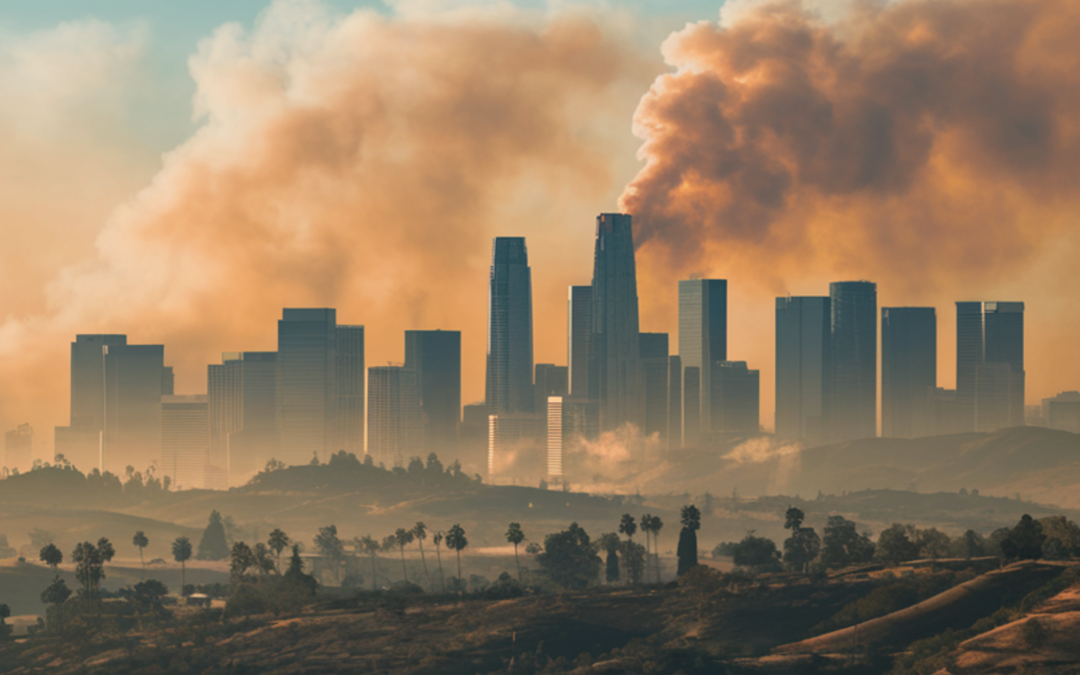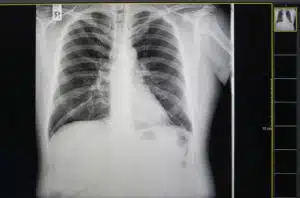As the sun sets behind the stunning hills of Los Angeles, a darker reality lurks beneath the beauty—wildfires. The vibrant hues of orange and red often mask an insidious threat to health. LA fires health effects extend far beyond the immediate blaze, infiltrating lungs, hearts, and even mental well-being. Let’s delve into these unseen dangers and explore how to protect yourself and your loved ones.
Immediate Health Effects of LA Fires
When the flames roar and smoke billows into the sky, it’s not just a natural phenomenon—it’s a public health emergency. Wildfire smoke impacts the respiratory system almost immediately, targeting vulnerable populations and healthy individuals alike.
LA Fires and Respiratory Issues
Wildfire smoke releases harmful particles that irritate airways and can lead to:
- Coughing and Wheezing: These symptoms mimic a bad cold, but they’re caused by particulate matter entering your respiratory tract.
- Shortness of Breath: Even those without asthma may find themselves struggling to breathe.
- Asthma Flares: For asthma sufferers, wildfire season can worsen symptoms dramatically.
Cardiovascular Risks from LA Fires
Breathing in wildfire smoke isn’t just bad for your lungs—it can strain your heart, too. Studies show that smoke exposure increases the risk of heart attacks and other cardiovascular issues, particularly in those with preexisting conditions.
Coping with Poor Air Quality
To minimize these immediate effects, follow these practical steps:
- Seal Your Home: Keep windows and doors closed to block out smoke.
- Use Air Purifiers: Invest in HEPA-filter purifiers to clean indoor air.
- Wear Masks: If you must go outside, wear an N95 mask to filter out harmful particles.
Long-Term Health Effects of LA Fires
Even after the flames are extinguished, the long-term consequences of wildfire smoke linger—sometimes for years.
Chronic Respiratory Issues from LA Fires
Repeated exposure to smoke can lead to serious conditions such as:
- Asthma Development: Children exposed to wildfire smoke are at higher risk of developing asthma.
- Chronic Obstructive Pulmonary Disease (COPD): Prolonged inhalation of smoke particles can result in COPD, a life-altering respiratory condition.
Lung Damage Caused by Wildfires
Your lungs are resilient but not invincible. Chronic exposure can cause:
- Scarring: Reduced lung function over time due to repeated irritation.
- Pneumonia Risks: Individuals with prolonged smoke exposure face higher rates of pneumonia.
Cardiovascular Health Risks from Wildfire Smoke
The heart is another unsuspecting victim of wildfire smoke. Inflammation caused by particulate matter can:
- Increase blood pressure.
- Heighten the risk of heart attacks.
Mental Health Impacts of LA Fires
The effects of wildfires aren’t confined to physical health. Anxiety and depression are common among those who experience evacuation or loss due to fires. Prolonged exposure to smoke and air quality warnings can also heighten stress levels.
Steps to Protect Your Health During LA Fires
Indoors
- Create a Clean Air Zone: Use purifiers and avoid activities that create indoor smoke, like cooking on gas stoves.
- Stay Informed: Monitor air quality through reliable sources like AirNow (link opens in a new tab).
Outdoors
- Limit Exposure: Avoid outdoor activities during poor air quality days.
- Use Protection: Wear N95 masks for necessary outdoor activities.
Take Action to Safeguard Your Health
Protecting yourself during wildfire season is a proactive process. Stay informed, equip your home with the right tools, and prioritize your physical and mental well-being. For more tips on maintaining your health, explore our resources on the ToothWiz Blog.





